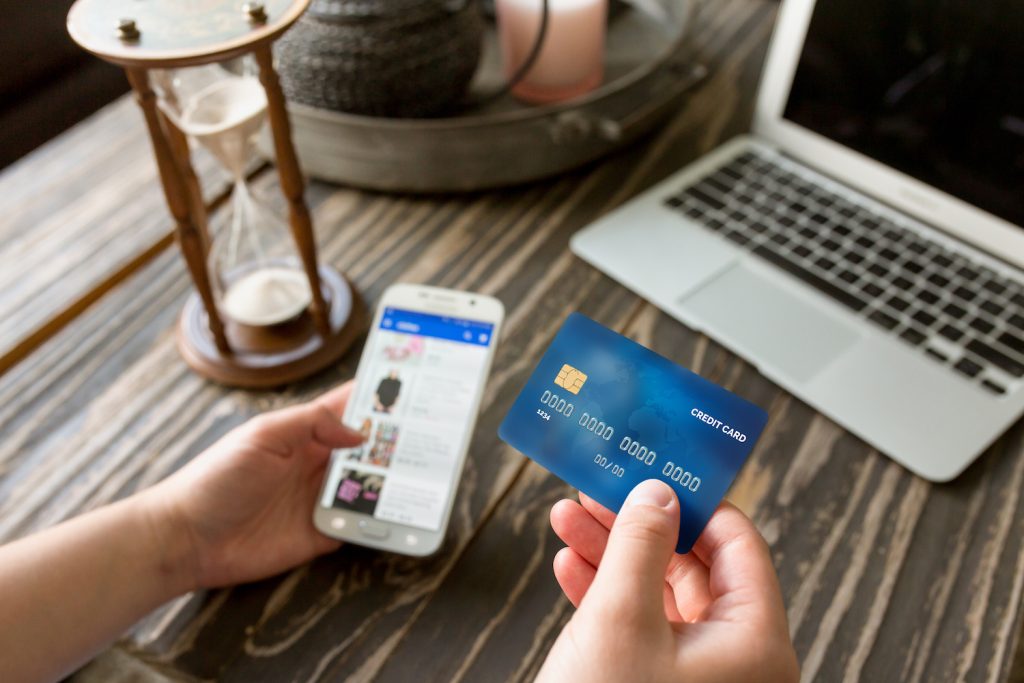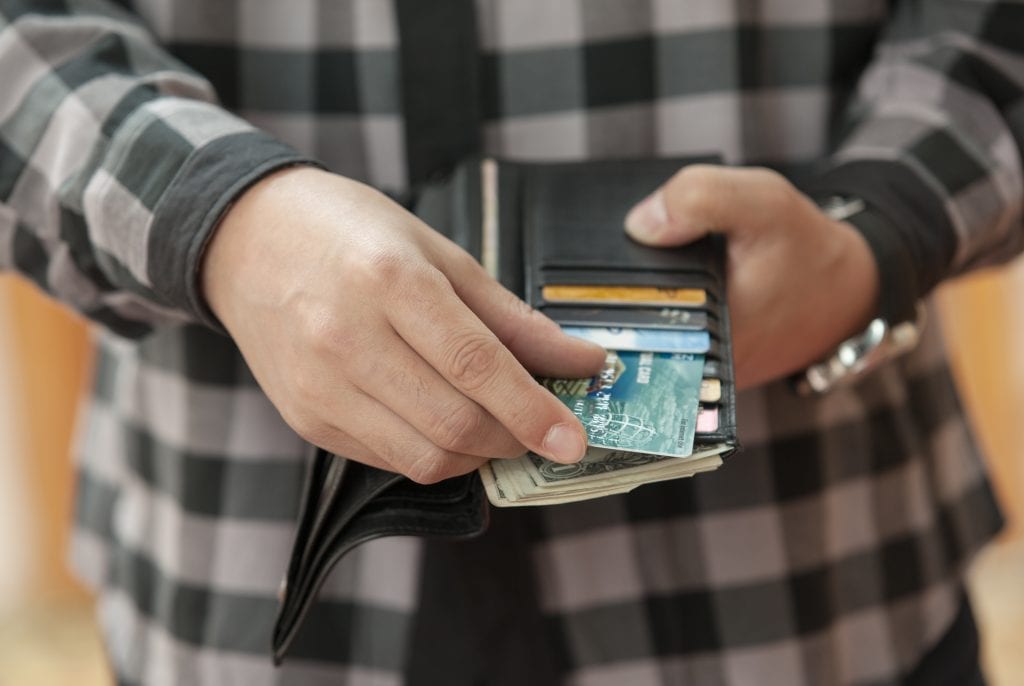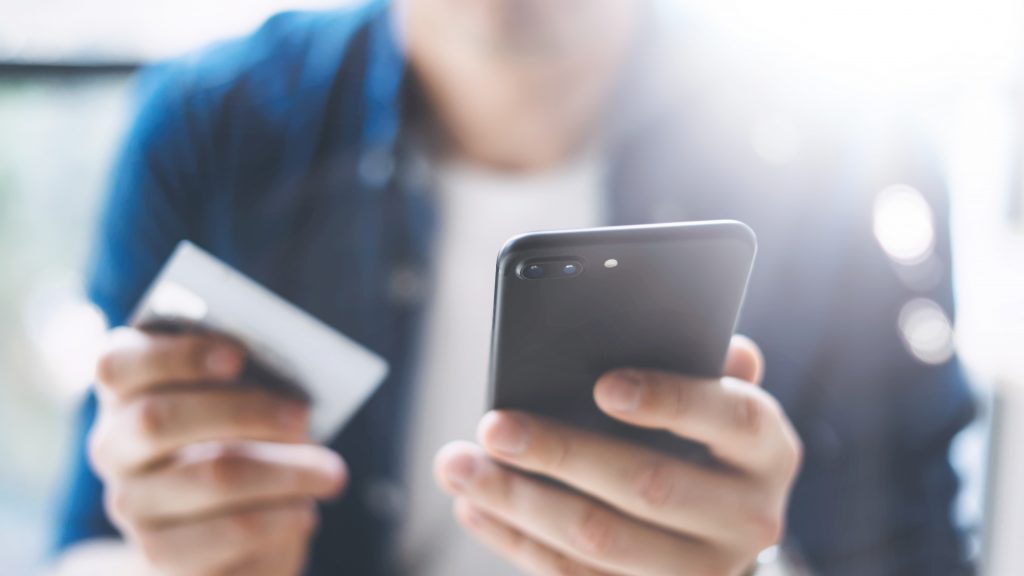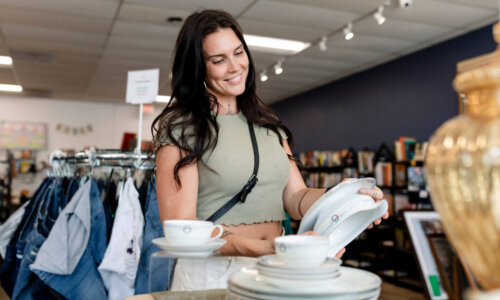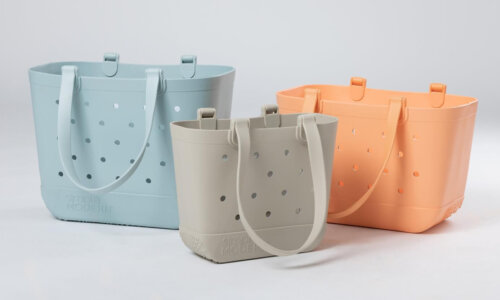If you’ve ever noticed a strange purchase on your credit card bill, you already know that sinking feeling that occurs in the pit of your stomach. Unfortunately, this problem is all too common. According to the Federal Trade Commission, losses due to credit fraud reached a staggering $149 million in 2020.
Credit card fraud is a type of identity theft that happens when your credit card is used for purchases you didn’t make. So how do you stay safe? Do you pivot to only using your debit card or go on the hunt for the best RFID wallet?
You can protect your credit card as you would your house, adding layers of security to detour thefts from gaining access. While you can’t eliminate all risks when it comes to credit card security, there are some simple steps you can take to safeguard your information.
Choose Wisely Online
While online shopping is generally safe, data breaches at retailers can wreak havoc on all your hard work. When shopping online, use a credit card instead of a debit card. This is because credit cards offer better fraud protections than debit cards. According to Nerd Wallet, federal law caps our liability at $50 for unauthorized transactions reported within 60 days, and many major credit card issuers typically offer zero-liability protection on top of that.
Try to avoid shopping online at communal computers, like those at libraries or hotels. Public computers have a greater possibility of having spyware installed that records keystrokes, allowing criminals access to your personal information long after you’ve signed out. When you’re using your personal computer, try to limit online shopping to when you’re on your private Wi-Fi such as when you’re home.
Use Digital Wallets
Paying for products with third-party digital wallets, such as Apple Pay and Google Pay, can add protection because they don’t give the merchant access to your credit card information. Rather they provide a one-time virtual account number for each purchase. Virtual credit cards, like Apple Card and Visa Checkout, are already set up to use a digital wallet.
Hit “Don’t Save”
When your favorite retailer asks if you’d like to save your account number for future purchases, decline the offer. We know it’s easier to have it stored for later use, but if a data breach occurs with that retailer, your information will likely fall into the wrong hands.
Purchase The Best RFID Wallet
One sneaky way criminals collect your information is by skimming. While there are a few different ways they can about it, one uses a device to read RFID-enabled credit cards in your wallet. You can be robbed by walking down the street without even knowing it, while your card is still with you. Radiofrequency identification, or RFID, uses radio waves to transmit data. The wallets use a thin liner to block the waves.
The best RFID wallet blocks readers from gaining access to credit and debit cards. Look for a wallet that covers 125 kHz and 134 kHz frequencies to protect hotel room keys and ID badges. You’ll also want one that is lightweight and slim, so you won’t mind using it.
Skimmers can be used to steal your credit card information at places you swipe as well, such as fuel pumps or ATMs. If you ever go to place your credit card somewhere and the slot looks tampered with, move on. If you’re at the gas pump, pay inside instead.
Opt for Places with Chip Readers
While some retailers still have in-store magnetic-strip readers, more places are using EMV chip card readers that offer more protection. Chip cards add an extra layer against fraud, but this is only accessible when shopping in person. It won’t protect you when shopping online.
The more you make credit card safety a habit, the better off you’ll be in the long run. Check your credit card accounts weekly and report any fraudulent purchases right away.

